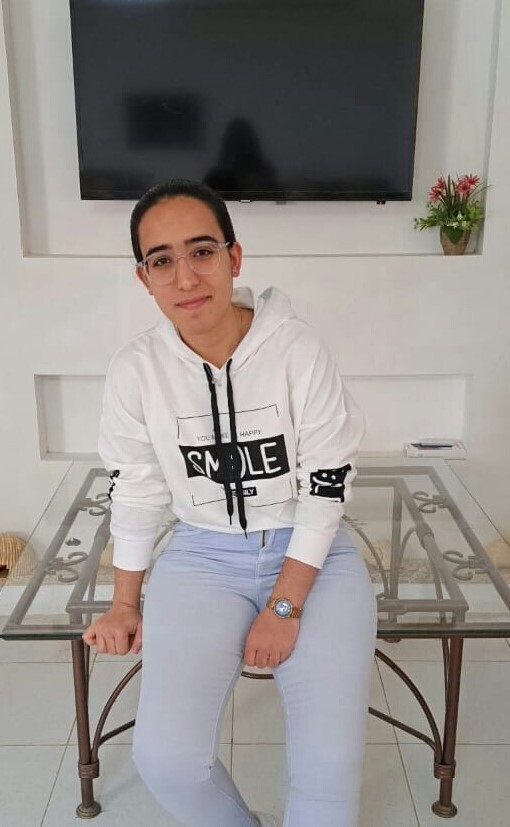Final Round AI vs Sensei AI: Which One Really Prepares You for the Real Interview?
TL;DR
Final Round AI offers a more realistic and adaptive interview prep experience with personalized feedback, while Sensei AI provides basic scoring but feels robotic. Final Round AI builds confidence through human-like interactions, making it superior for real interview readiness.
Key Takeaways
- •Final Round AI provides immersive, adaptive questioning and personalized feedback that mimics real interviews.
- •Sensei AI focuses on scoring answers with templated feedback, lacking depth and real-world guidance.
- •Final Round AI boosts confidence by simulating unpredictable scenarios and improving communication skills.
- •Sensei AI is suitable for beginners needing structure, but may not foster long-term improvement.
Tags
There was a time when I thought any AI interview coach would do the job.
I’d answer questions, get a score, and call it “practice”.
For weeks, I used Sensei AI. It looked solid, clean UI, instant feedback, and tons of questions.
But something felt off.
It was like talking to a robot that read the job description but never met a human recruiter.
Then I tried Final Round AI.
And honestly, that’s when it clicked.
I realized interview prep isn’t just about answering questions; it’s about building confidence through realistic interaction.
What Are Final Round AI and Sensei AI?
Before diving into the comparison, let’s clarify what both tools actually are.
Sensei AI
It's an interview preparation platform that uses artificial intelligence to simulate mock interviews, evaluate your answers, and provide feedback.
It focuses mainly on scoring your responses based on clarity, structure, and correctness, giving you an idea of how “ready” you are.
Final Round AI
On the other hand, Final Round AI takes a more immersive approach.
It replicates the experience of a real, adaptive interview, complete with follow-up questions, tone analysis, and personalized feedback.
It doesn’t just test what you know; it helps you learn how to think and communicate under pressure, just like in a real interview setting.
Both aim to make you better at interviews.
But the experience is completely different.
How I Started with Sensei AI
Like many developers gearing up for technical interviews, I wanted structure.
Sensei AI promised “AI-powered mock interviews”, and it delivered, technically.
I’d get standard behavioral questions like:
“Tell me about a time you faced a challenge.”
and algorithmic prompts like:
“Reverse a linked list.”
It scored me on clarity, conciseness, and correctness.
But after a while, I started noticing patterns.
The questions repeated.
The feedback was templated.
The tone never adapted.
It felt like Sensei was just grading me, not guiding me.
Where Sensei Fell Short
Here’s what really hit me:
During one mock interview, I gave a nuanced answer about optimizing an API response using caching.
Sensei’s feedback?
“Good answer. You could elaborate more.”
That’s it. No context. No examples. No why.
It didn’t feel like a coach. It felt like a checklist.
Over time, I stopped improving, because I wasn’t learning what actually mattered in interviews: communication, reasoning, and real-world thinking.
Discovering Final Round AI
Then a friend told me:
“Try Final Round AI. It actually feels like a real interviewer.”
I didn’t expect much, but I gave it a go.
And within the first session, I noticed the difference.
Final Round AI didn’t just throw random questions at me, it built scenarios.
If I was prepping for a backend role, it simulated system design follow-ups, like:
“Okay, you mentioned caching. What if your cache goes down in production?”
It pushed me. It challenged me. It felt human.
Why Final Round AI Felt More Real
Here’s why Final Round AI stood out for me:
Personalized Feedback
It didn’t just say “good” or “bad.”
It highlighted specific phrasing, logic gaps, and delivery improvements.
It was like having a senior engineer give you notes after a real interview.Adaptive Questioning
The follow-up questions changed depending on my answers, something Sensei never did.
It felt like a real back-and-forth conversation, not a script.Intuitive UI and Flow
The experience felt smoother, faster, and more focused.
No distractions, no unnecessary metrics, just pure, immersive prep.Confidence Boosting
After a few rounds, I noticed I was no longer rehearsing, I was performing.
That’s when you know an interview prep tool is doing its job.
When It Finally Clicked
One night before a real interview, I ran a quick Final Round AI session.
The AI grilled me with unexpected follow-ups, the kind that always catch you off guard.
The next day, the actual interviewer asked almost the same question.
And I nailed it.
That’s when I realized: Final Round AI doesn’t just simulate interviews, it prepares you for the chaos of real ones.
The Final Verdict
Sensei AI isn’t bad.
It’s clean, functional, and good for beginners who just want structure.
But Final Round AI is smarter, more intuitive, and genuinely human-like.
It helps you practice answers and also think like a candidate who’s already hired.
So if you’re deciding between Sensei AI and Final Round AI…
Ask yourself what kind of prep you want: robotic repetition or realistic readiness.
For me, Final Round AI was the upgrade I didn’t know I needed, until I tried it.
| Thanks for reading! 🙏🏻 Please follow Hadil Ben Abdallah & Final Round AI for more 🧡 |
|---|



